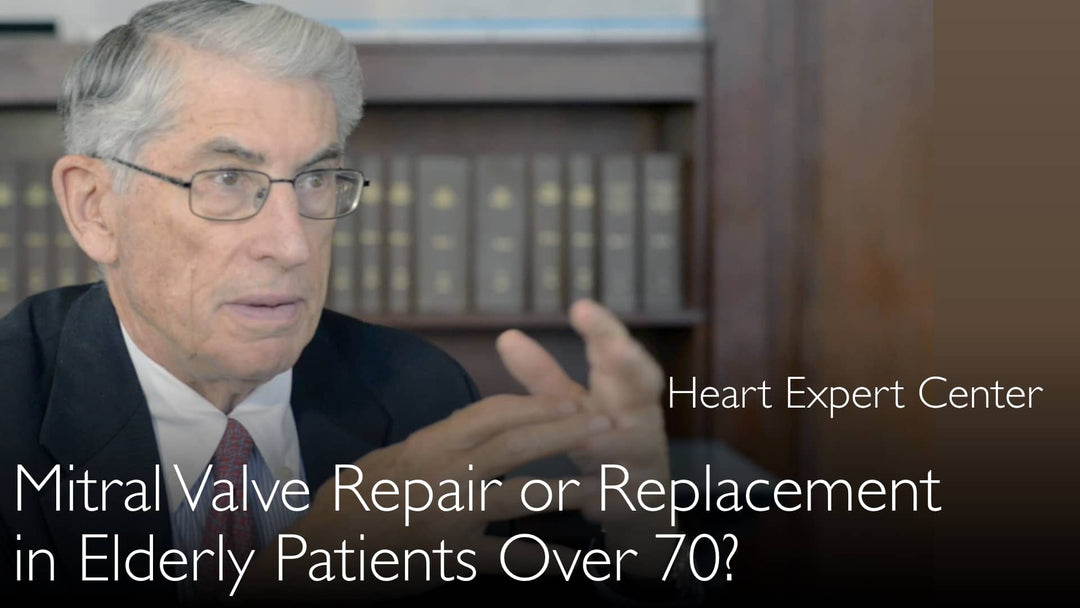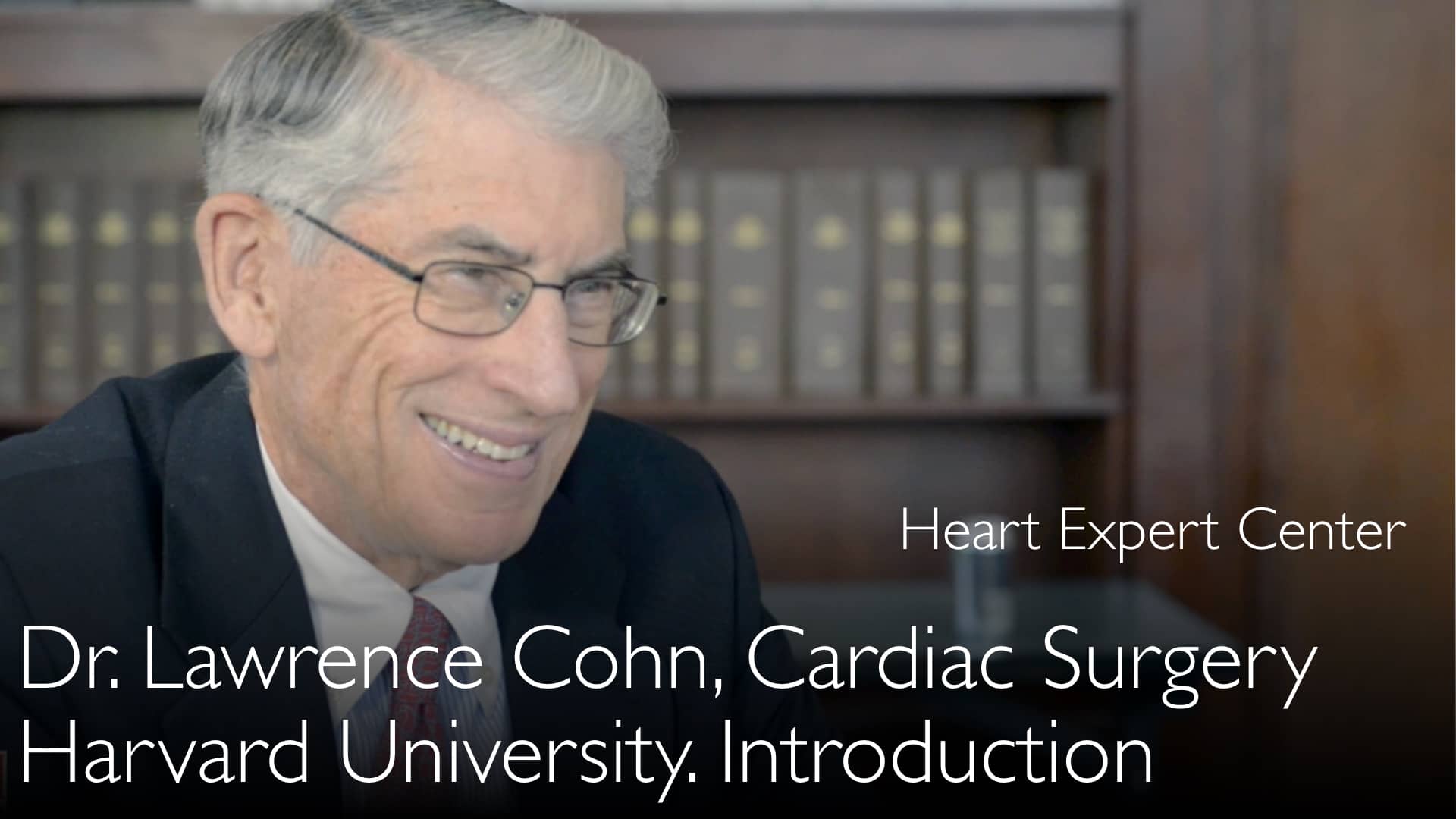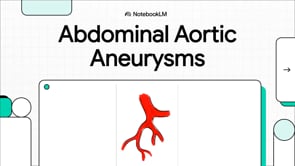心臓外科の権威、ローレンス・コーン医学博士が、高齢患者における僧帽弁形成術の優位性について解説します。70代および80代以上の患者における良好な治療成績や生理学的メリットに加え、冠動脈疾患を合併する症例に対し、同日に血管形成術と低侵襲弁膜症手術を組み合わせた革新的なハイブリッドアプローチについて詳しく説明します。
高齢患者における僧帽弁形成術と弁置換術:利点と治療成績
セクションへ移動
僧帽弁形成術の弁置換術に対する利点
僧帽弁形成術は、僧帽弁置換術と比べて、生理学的に大きな利点があります。Lawrence Cohn医師(医学博士)は、形成術を受けた僧帽弁はより自然な機能を保つと指摘します。これは、弁の腱索が心室内の乳頭筋に依然としてつながっているためです。心臓の自然な構造を保つことで、左心室の機能全体が向上します。
この手法は、僧帽弁逸脱に対するより生理学的な解決策と見なされています。Anton Titov医師(医学博士)は、外科医と患者が直面する臨床的なジレンマについて論じ、エビデンスが形成術を強く支持していることを示しています。この優れた機能性こそが、可能な限り形成術を優先する一流の心臓外科医の主な理由です。
高齢患者における優れた治療成績
僧帽弁形成術は、高齢層においても優れた臨床成績を上げています。Lawrence Cohn医師(医学博士)によれば、70歳以上、さらには80歳以上の患者でも治療成績は非常に良好です。これにより診療方針が転換し、より多くの高齢患者が、生活の質を向上させるこの弁膜症手術を受け入れるようになっています。
従来は僧帽弁置換術が標準的な手法でした。しかし、外科技術の進歩と実績により、現在では形成術が優先的に選択されるようになりました。Anton Titov医師(医学博士)とのインタビューでは、年齢だけが理由で、僧帽弁疾患に対する最も有益な外科治療を受ける妨げにはならないことが強調されています。
弁膜症と冠動脈疾患に対するハイブリッド手術
ハイブリッド心臓手術は、弁膜症と冠動脈疾患を併せ持つ患者に対する革新的な手法です。この技術の先駆者であるLawrence Cohn医師(医学博士)がそのプロセスを説明します。患者は、閉塞に対処するため午前中に冠動脈ステント留置術を受け、同日中に低侵襲の僧帽弁形成術を受けることができます。
このアプローチは、専用のハイブリッド手術室で行われることが多く、インターベンショナル放射線科と心臓外科の専門知識を組み合わせています。Lawrence Cohn医師(医学博士)は、このアイデアを提案した最初の患者の事例を語り、これが米国の多くのトップ病院で標準的な治療経路となった経緯を説明します。
低侵襲外科手術技術
低侵襲技術は現在、高齢患者の心臓弁膜症手術に日常的に応用されています。これらのアプローチは切開創が小さく、痛みが軽減され、回復時間も短縮されます。Lawrence Cohn医師(医学博士)は、80歳代の患者でも外科医がこれらの方法を成功裏に使用していることを確認しています。
ハイブリッド手術室の開発は、低侵襲心臓手術の進歩に極めて重要でした。Anton Titov医師(医学博士)は、この技術がステント留置から弁手術へとシームレスに移行することを可能にし、特化した一つの手術室で患者の安全性と効率性を最大化する方法を探求しています。
長期生存データは形成術を支持
長期生存データは一貫して、僧帽弁形成術後の成績が弁置換術後よりも優れていることを示しています。Lawrence Cohn医師(医学博士)は、この生存率の向上がどの年齢層でも見られる事実であると強調します。この説得力のあるデータが、心臓外科医が形成術を強く推奨する根本的な理由です。
改善された長期生存は、手術の生理学的性質に直接関連しています。自然な弁機構と心室機能を保存することで、形成術は人工弁に関連する長期的な合併症を軽減します。これは、持続的な治療成績を求める高齢患者にとって特に優れた外科戦略となります。
セカンドオピニオンの重要性
セカンドオピニオンを求めることは、僧帽弁逸脱と診断された患者にとって極めて重要なステップです。セカンドオピニオンにより、初期診断が正確かつ完全であることを確認できます。また、患者が僧帽弁形成術の可能性を含む、すべての利用可能な治療オプションを示されることを保証します。
Anton Titov医師(医学博士)は、このプロセスが患者が自信を持って最良の治療を選択する助けになると論じています。Lawrence Cohn医師(医学博士)のような専門の心臓外科医への相談は、形成術の適応可能性や、従来法とハイブリッド法のどちらの外科的アプローチが最も適切かといった複雑な決定に明確さをもたらすことができます。
完全な記録
Anton Titov医師(医学博士): 高齢患者における僧帽弁逸脱の外科的治療法として、どちらが優れているでしょうか?僧帽弁形成術か、それとも心臓弁置換術ですか?
Lawrence Cohn医師(医学博士): これは患者と外科医が頻繁に直面するジレンマです。僧帽弁形成術は僧帽弁置換術よりも自然な状態を保ちます。臨床成績の比較は僧帽弁形成術を支持しており、弁置換術よりも優れています。
70歳以上、さらには80歳以上の患者でも成績は極めて良好です。僧帽弁形成術は血管形成術(angioplasty)と組み合わせることも可能で、これはハイブリッド手術と呼ばれます。
現在、70歳以上のより多くの高齢患者が心臓弁膜症手術を受け入れられています。伝統的に外科医は僧帽弁置換術を行ってきましたが、現在では僧帽弁形成術を優先します。
Anton Titov医師(医学博士): 僧帽弁形成術の利点は何ですか?弁置換術よりも優れているのでしょうか?
Lawrence Cohn医師(医学博士): 僧帽弁形成術ははるかに生理学的です。外科医が僧帽弁を形成すると、弁はあるべきように機能します。僧帽弁の腱索は依然として乳頭筋に付着しており、心室の心機能が改善します。
これはどの年齢層でも同様です。患者の長期生存率は、僧帽弁形成術後の方が弁置換術後よりも優れています。そのため我々は、僧帽弁形成術が高齢患者にとって行うべき非常に良い手段であると考えます。特に高齢患者には優れた選択肢です。
80歳を超えてもより多くの患者が僧帽弁形成術を受けています。高齢患者でも優れた臨床成績が得られます。外科医は高齢患者に対し、低侵襲の心臓弁膜症手術技術も使用します。
時に患者は重大な冠動脈疾患を有していません。別の僧帽弁形成術の方法もあり、これは冠動脈疾患も治療します。これは「ハイブリッド法」と呼ばれます。我々がこの「ハイブリッド心臓手術法」の治療を最初に採用しました。
我々は低侵襲大動脈弁手術の実施を開始しました。その後、ある男性が私のオフィスを訪れ、「新しい大動脈弁が必要です。低侵襲大動脈弁手術を受けたい。しかし冠動脈も閉塞しています。まず閉塞した冠動脈にステントを留置できますか?その後で大動脈弁を置換できますか?」と尋ねました。
私はこの男性に「可能です」と答えました。こうして我々はハイブリッド心臓手術の実施を始めたのです。
時に患者は単冠動脈または二冠動脈疾患を有します。午前中に患者の冠動脈にステントを留置し、その後午後に患者を手術室に移送して、同日中に低侵襲大動脈弁手術を行うことができます。
現在、米国の多くの病院がハイブリッド手術室を建設しています。当院も含まれます。このようなハイブリッド手術室では、インターベンショナル放射線科専門医が冠動脈ステント留置術を実施できます。
その後、同じ手術室内で設備を変更し、心臓外科医が低侵襲心臓弁膜症手術を実施できます。ハイブリッド心臓手術は、冠動脈疾患と心臓弁の問題の両方を有する患者を治療する別の方法です。
Anton Titov医師(医学博士): 僧帽弁形成術か弁置換術か?僧帽弁形成術は心臓弁置換術よりも生理学的です。ハイブリッド手術も可能です:血管形成術(angioplasty)と僧帽弁形成術の併用。僧帽弁形成術か弁置換術か?僧帽弁逸脱の外科的治療法として患者はどちらを選ぶべきでしょうか?






